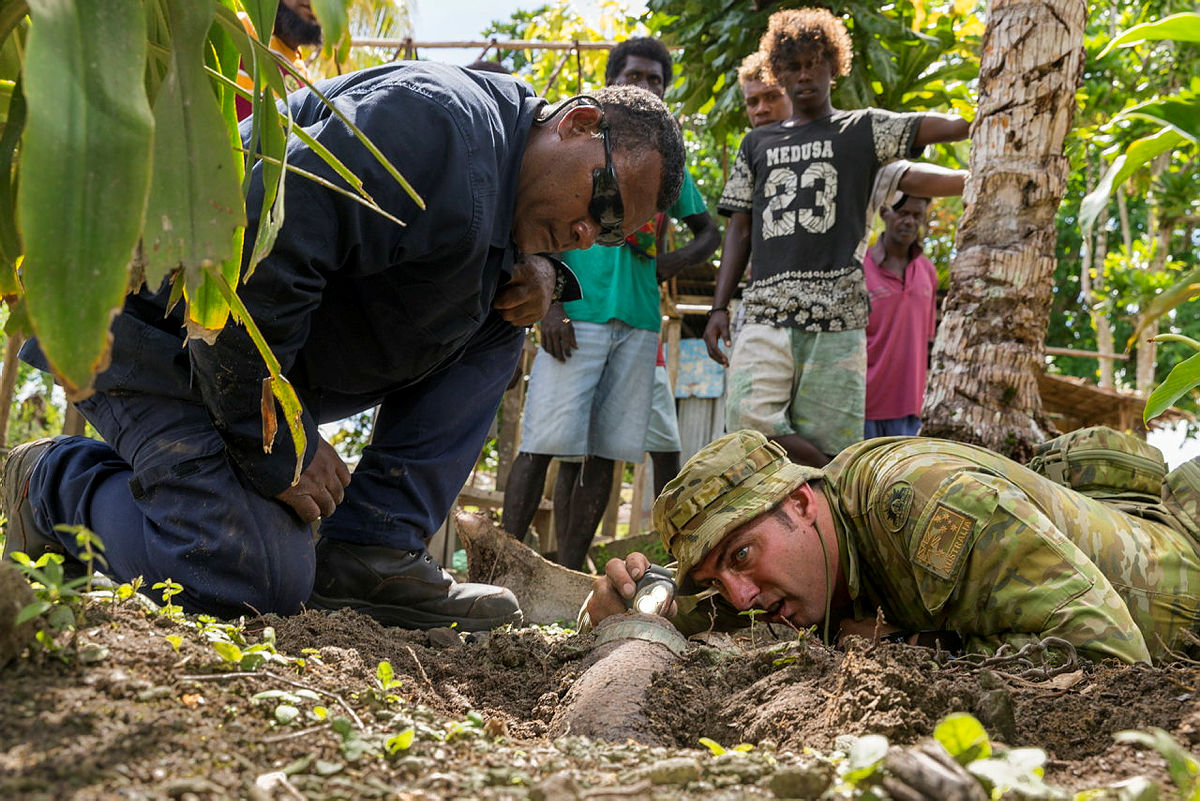
The signing of the security pact between China and Solomons Islands represents one of the gravest Australian diplomatic and intelligence failures in more than half a decade. This failure didn’t just happen, nor is it the result of a particular leader or party.
Australians, of course, want to know what happened. Understandably, there will be many commentators and academics who will point the finger of blame now and into the future. However, it’s far more critical that Australia’s next government provide a clear picture of what it will do about this development.
The origins of this failure can be found in arrogance and hubris that extends across more than 20 years. For two decades, Australia was busy fighting the war on terrorism. That war and global ambitions of being a middle power drew our attention away from the Pacific.
Various governments over this time assumed that the ‘Pacific family’ bond was so strong that they could return to the region and start where they left off when and if they needed. They were wrong.
Personal relationships matter in the Pacific. And we neglected them. Despite the efforts of the Department of Foreign Affairs and Trade and the Australian Federal Police in Solomon Islands, it was apparent to those in the Pacific that there was little concern from Australia about their future.
Australians must understand that Solomon Islands is a sovereign state like all of our Pacific neighbours. Australia cannot force its will on the region, nor can it afford financially or ethically to undertake chequebook democracy in the Pacific. If change is to come, then it must be done using statecraft.
Both major parties need to spend less time finger-pointing on the issue during the election. They need to do more to make a clear statement on what they will do to address this situation if they were to take government.
The next government will need to take a deep, hard and honest look at the state of our relationships with the Pacific nations. This examination needs to cast aside goodwill statements about the Pacific family. It needs to consider what each Pacific nation thinks of the status of our relationship. In doing so, Australia will need to accept that it has, at times, overstepped the bounds and attempted to exercise paternalistic influence. At the same time, it has failed to meet its obligations as a middle power on issues like climate change.
The next government will also need to examine our relationship with Solomons Islands. Australia’s 14-year commitment to the Regional Assistance Mission Solomon Islands from 2003 to 2017 left a deep and indelible grassroots connection between the two nations. This relationship cannot be bought and is a strong foundation for new policy measures to bring the two countries together. It’s not too late for Australia and Solomon Islands to work together to prevent this security pact from destabilising the region.
There’s no room for short-term thinking, policy on the run, simplistic announcements or media grabs. Our next government must have a clear strategy that draws upon economic, social and cultural means to exercise smart power in the region. This strategy must focus on the kind of engagement that enlarges multilateralism in the Pacific. Effective Pacific multilateralism will prevent the Chinese Communist Party from making the kinds of bilateral agreements that offer short-term benefits with long-term instability.
Finally, the potential for China to establish a naval base or facility in Solomon Islands requires new thinking about defence. The 2016 defence white paper is now long in the tooth. Arguably, the 2020 defence update has also been overtaken by events. Neither party seems interested in embarking on another defence white paper or strategic update. Perhaps they’re right, given the speed of change in our strategic environment.
At the very least, it seems pertinent that the next government undertake a force posture and structure review. This kind of review identifies defence needs in terms of capabilities, readiness, structure and location. There will need to be new thinking about the Australian Defence Force’s strategic strike capabilities, including missiles.
This review should consider whether Cairns and Townsville have become as strategically important as Darwin. Perhaps these cities will need to become much more than garrison and port cities for the ADF. They could well become forward operating bases for the defence of Australia. If so, the Department of Defence will have to make further infrastructure investments to harden ports and airfields from attack and ensure they are fit for purpose.

